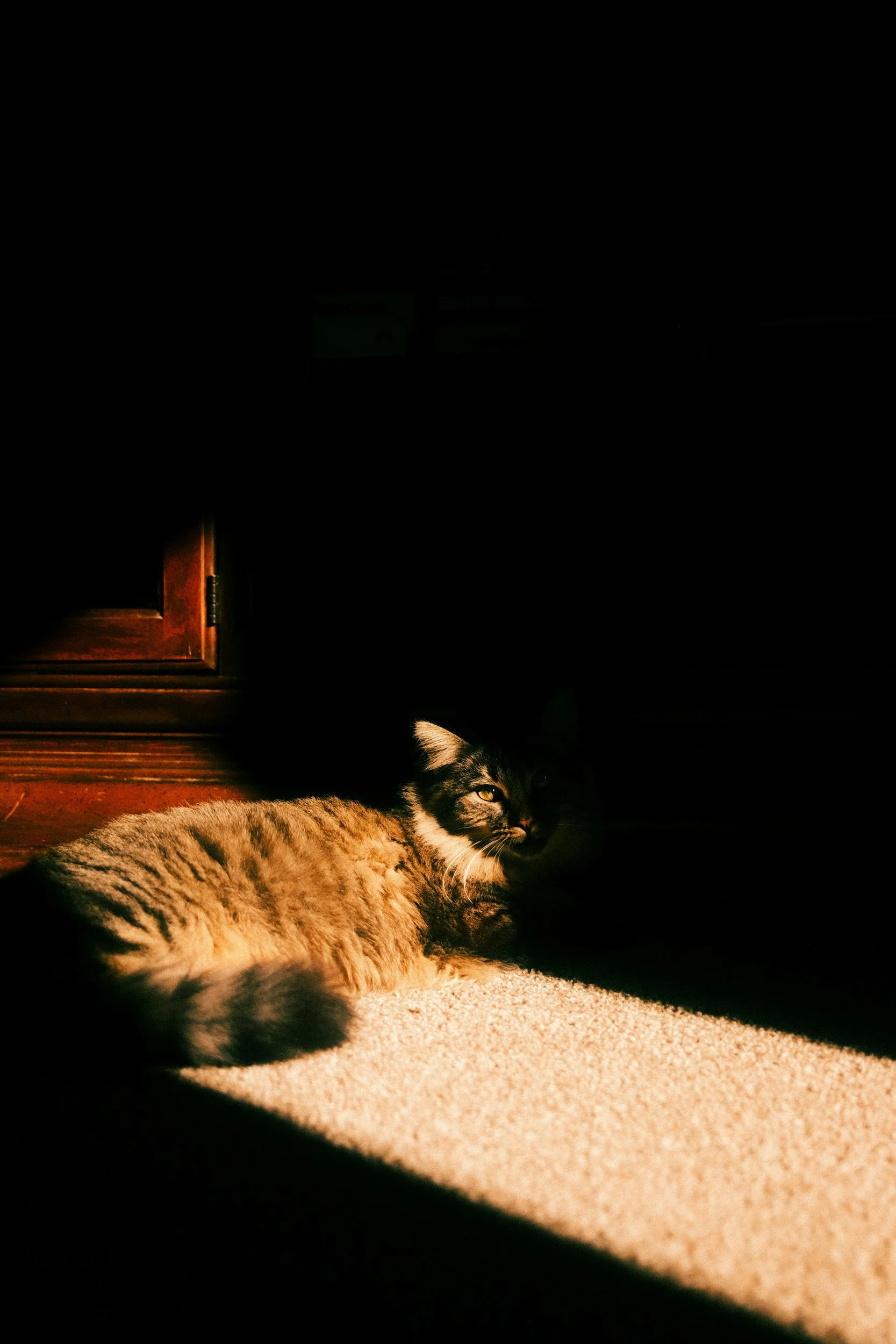Wedding Song
It was time for our one rehearsal, the day of my daughter’s wedding. A group of family and friends who had been practicing alone now gathered, anticipating the thrill of voices blending and harmonizing, woven together by the glistening thread that is my daughter’s life force. In the run-up to this event, all said, “Yes, we will sing…We are honored to sing…We are thrilled to be part of this special surprise,” a touching tribute to a father long dead. All coming together from different places, different times, different experiences, to fuse in song.
Despite training my voice and steeling my heart, I still expected to crack open at this moment of coming together, to cleave my heart and meld it with my daughter’s. I expected my son, singing by my side, to wobble and warble with emotion as well. But, in the interest of not letting down the group, not wanting to dissolve into a puddle of emotion, I walled-off my feelings. I chose to consider my daughter from a distance, from behind a curated force field, allowing the passions of the day to ping back into the ether.
We started to sing, a swell of voices filling the small room. I was holding my own, transfixed by the alchemy, focused on this present moment. I made it to the last verse. Here, I imagined my daughter reacting to the song. Music runs deep in her veins. It has coursed around and through her from an early age. Her stay-at-home dad, with his constant humming and drumming and making-up of silly songs. Children’s music blaring from the car stereo. Participation in church and school choirs. Later, after her father’s death, she found solace and connection in the thrum of musical theater productions and four years of acapella in college. I imagined she would feel her father in the song, all the joy and all the grief.
I felt my breath catch. I skipped a beat. My force field flickered and almost cracked. But here was my son standing next to me, his booming baritone steady and strong, seeping into my soul. Bolstered by his calm, I continued and finished. Then, I vowed to hold my emotions in check to make it through the actual performance. I would seek the middle distance, the liminal space, and never, ever make eye contact with my daughter or her groom until the song was finished.
I would employ the studied practice of holding on and moving forward as the swell of emotion washed over me. This was key to hardening my force field. It was the same skill I used when my husband began his decline into dementia, when he was only fifty-two and I was only forty. While his mind was degenerating and his body dying, I was holding on, finding that middle distance, keeping the emotion at bay. And after he died, and I was alone with our ten-year-old son and seven-year-old daughter, I kept up the practice. It was necessary to survive. But my son, I would soon discover, was not as practiced as I was.
During the wedding, at the time of the song—the song that was so meaningful to me, the song that I walked down the aisle to at my wedding, toward the father of my future children, the father of the now fatherless bride—I did not cry. Through the welcoming of guests, through the mention of the souls who were sorely missed from this milestone moment, through the “special words” I prepared to introduce the song, my eyes stayed dry and my voice remained steady. And so did my son’s.
He started us off when I forgot the pitch pipe.
The water is wide. I can’t cross over.
And neither have I wings to fly.
He stayed strong through the first verse, the building of voices, just as we practiced.
Give me a boat that can carry two.
And both shall row, my love and I.
I was staring off, over the heads of the guests, blending the harmony on verse two, when I heard the first hiccup of tears from my son.
For love is gentle, love is kind,
The sweetest flower, when first it’s new.
I saw him wipe his eyes then abandon the effort, allowing the tears to flow freely as he watched his sister and her groom locked in an embrace, cocooned by the swelling song.
But love grows old and waxes cold,
and fades away like morning dew.
I locked arms with him, felt his bulk, and squeezed tight as if I could hold him up if he crumpled.
The rehearsal had given me a false sense of resolve on behalf of my son. But really, how could I have not anticipated this breaking open of one who lived his whole life buffeted by emotion? He exuded joy from a young age, marveled at each new skill he acquired, playfully deployed his wit and charisma until life clouded over. A father’s death. A bully-ridden middle-school. A default “man-of-the-family” through high school and college, seeking strength to sort life out while full of worry for his mother and sister. Despite his stoic showing at the rehearsal, he was not equipped for the tsunami of emotion that was flooding his brain, surging his heart, and overflowing in a gushing torrent of tears. I failed to arm him with my secret weapon: do not make eye contact.
He looked at her.
There is a ship that can sail the sea.
He felt her jumble of joy and sadness.
She’s loaded deep, as deep can be.
He did not hide his palpable grief.
But not as deep as the love I’m in.
With confidence and compassion, he let go.
I know not how. I sink or swim.
He allowed his heart to cleave and meld with his sister.
I had not intended to crack anyone open, but there we were at the end of the song: a mother, a son, a daughter-bride and her groom, huddled on the dance floor weeping for loss and love. Walls we had built up to protect us from the powerful grief were now dissolved, obliterated, leaving raw, real emotion on display and spreading through the wedding guests.
My daughter asked that her father be honored and remembered at the wedding. And though I knew this request was coming, the scale of the ask was daunting. It had been twenty years since he passed away. Memories fade. Sure, photos captured his broad smiling face, full of pride as he mugged for the camera surrounded by his family. To this day, homemade pizza, his kid-friendly specialty, brings a smile to our faces. But the waft of Old Spice is relegated to the bottle. The feel of his embrace, arms soft and strong, has withered. The exact timber of his voice has grown faint. Yet somehow I knew music was the key that would make his presence felt.
In the end, it is all about love. His loving energy courses through our veins and his rhythm has settled in our bones. This we can hold onto. This will be ours forever. This we can share. And we did.
-Mary Anne Moisan
Mary Anne Moisan is a writer and knitter, a mother and wife, who lives in Midcoast Maine. She has completed a memoir about her experiences with her husband who had young-onset dementia. Recent publications include a poem and blog post in Intima: A Journal of Narrative Medicine. We Are Whole, the seed story for her memoir, is published in The Examined Life Journal. Previously, she worked as a physical and occupational therapist and a university professor.



















